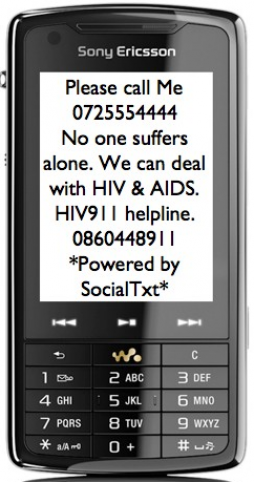please call me
Posted by MohiniBhavsar on Aug 19, 2010
The Rules of Beeping: Exchanging Messages via Intentional "Missed Calls" on Mobile Phones data sheet 1637 Views
Abstract:
This article explores the practice of ‘‘beeping’’ or ‘‘missed calling’’ between mobile phone users, or calling a number and hanging up before the mobile’s owner can pick up the call. Most beeps are requests to call back immediately, but they can also send a prenegotiated instrumental message such as ‘‘pick me up now’’ or a relational sign, such as ‘‘I’m thinking of you.’’ The practice itself is old, with roots in landline behaviors, but it has grown tremendously, particularly in the developing world.
Based on interviews with small business owners and university students in Rwanda, the article identifies three kinds of beeps (callback, pre-negotiated instrumental, and relational) and the norms governing their use. It then assesses the significance of the practice using adaptive structuration theory. In concluding, the article contrasts beeping with SMS/text messaging, discusses its implications for increasing access to telecommunications services, and suggests paths for future research.
Posted by CorinneRamey on Dec 15, 2007
"Please Call Me" messages are a popular cultural form of mobile communication in South African society. These USSD messages are used to advertise everything from car insurance to domestic airlines to the local corner store. Today, thanks to a recent project by SocialTxt, these free messages are used for the first time ever for social marketing: to encourage South Africans to get tested for HIV and obtain AIDS information.

